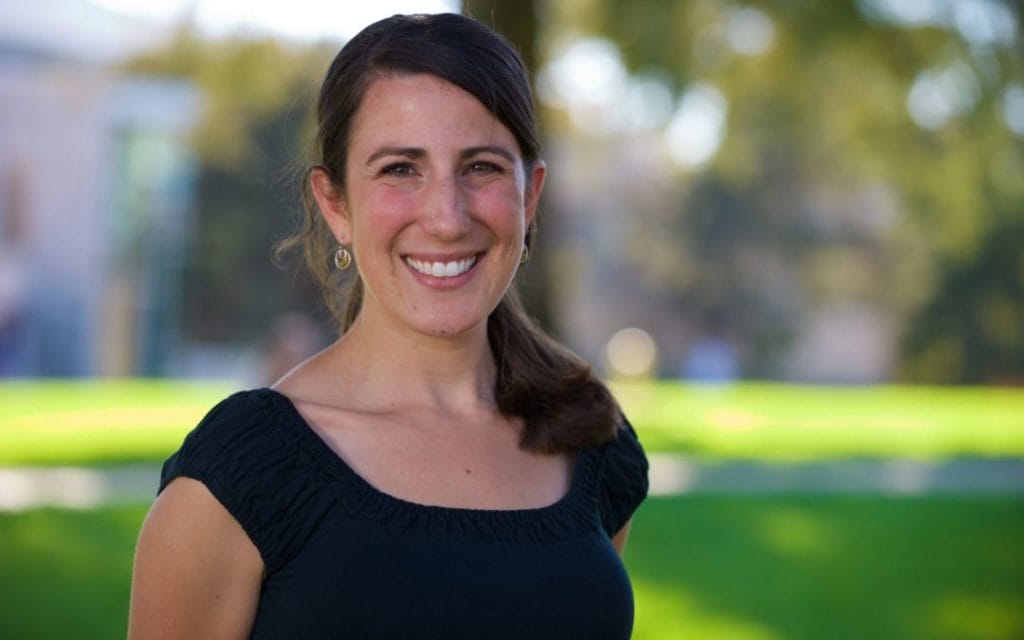Texting, TV, and Other Forms of Maternal Digital Media Use during Infant Feeding: Should We Be Worried?

BARNARD CENTER FREE LECTURE SERIES
Digital technologies and mobile devices are now a mainstay within family life. There is increasing concern that parents use of these technologies may negatively impact parenting, parent-child interactions, and child outcomes, but are these concerns valid? Within this talk, we’ll review the research in this field and discuss the current evidence for potential influences of parent digital media use (e.g. watching TV, using a smart phone or tablet) on the quality of parent-child interactions. Of primary focus will be whether maternal digital media use during infant feeding and care affects the quality and outcome of these interactions. We’ll also discuss the potential benefits of digital media during the transition to parenthood to provide a balanced perspective on this topic. Implications for further research and clinical practice will be discussed.
Dr. Alison Ventura, PhD, CLEC, is an Associate Professor in the Department of Kinesiology and Public Health at the California Polytechnic State University. She is also Director of the Cal Poly Healthy Kids Lab and Associate Director of Research Training and Fellowship for the Cal Poly Center for Health Research. Dr. Ventura received a BS in Psychology with an emphasis in Biology and a minor in Community Nutrition from the University of California, Davis. She then earned two Master’s degrees from the Pennsylvania State University: one in Nutritional Sciences and the other in Human Development and Family Studies. In 2008, she earned her PhD in Human Development and Family Studies from the Pennsylvania State University. From 2008-2011, Dr. Ventura was a NIH Ruth L. Kirschstein National Research Service Award postdoctoral fellow at the Monell Chemical Senses Center, a taste and smell research institute in Philadelphia, PA. For the past decade, Dr. Ventura’s research has primarily focused on infant feeding interactions and understanding how these interactions affect the development of dietary preferences, eating behaviors, and growth trajectories during infancy and early childhood. She is particularly interested in the bidirectional influences between parents and children that is, how parents beliefs and practices affect children’s behavior and development, as well as how children’s characteristics and behaviors affect parents beliefs and practices. Much of Dr. Ventura’s recent work focuses on promotion of responsive feeding during breastfeeding, bottle-feeding, and the introduction to complementary foods and beverages.
Share this post
Questions?
Please give us a call
We look forward to talking with you!
-
Phone
206-543-8528
-
Business hours
Monday – Friday
7:30am – 4pm
-
E-mail
pcrp@uw.edu
-
Mailing Address
Parent-Child Relationship ProgramsUniversity of Washington - Box 357231
Seattle, WA 98195-7231
-
Office Address
Parent-Child Relationship ProgramsUniversity of Washington
Health Sciences Building F-346
Seattle, WA 98195-7231
Prefer exploring on your own?
Check out our FAQ section
for answers to common questions
WE WANT TO CONNECT WITH YOU!
Feel free to fill out our contact form or call us at 206-543-8528
Frequently Asked Questions
Explore our FAQ section to find quick, helpful answers to the most common questions. If you don't find what you're looking for, click here to Contact us - we're here to help!